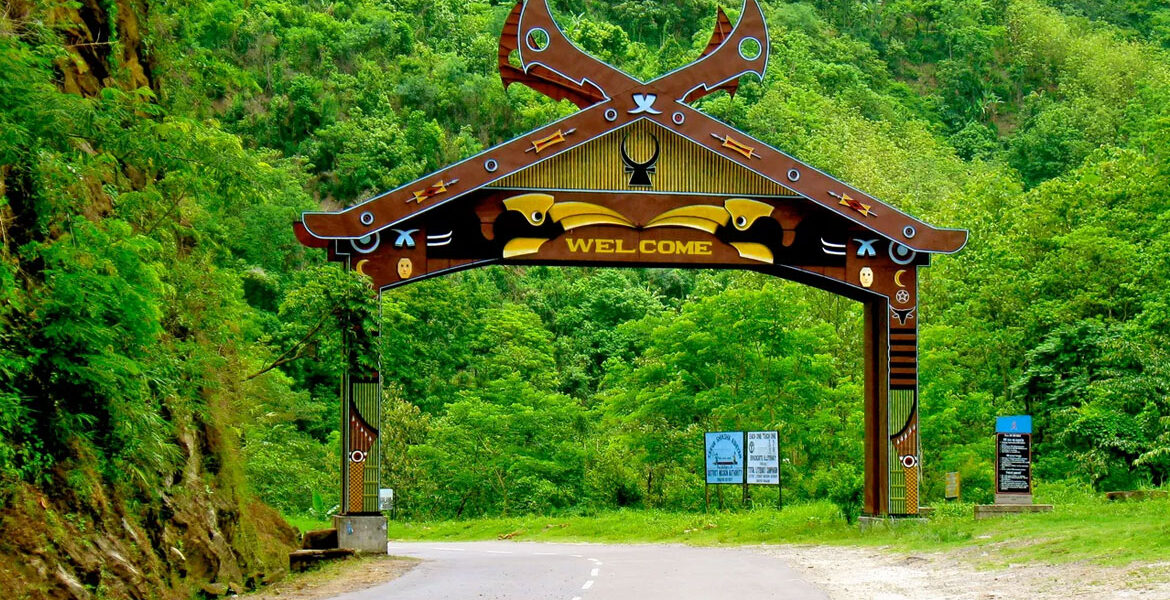The “democracy in danger” false narrative on India that has been in circulation for some time now within certain sections of the global media has to a large extent drawn itself from a ranking of global democracies published by the Sweden Institute V-Dem.
Ahead of its latest rankings for 2023 set to be released later on Thursday (2 March, 2023) an interesting paper has been shared by Professor Salvatore Babones from the University of Sydney. The paper published through the India Century Roundtable takes an in-depth look at both the methodology and the source data relied upon by V-Dem to point out several inherent flaws.
Pointing out how the index fails to make a distinction between single party authoritarian states and vibrant multi party democracies, the India Century Roundtable paper elucidates the problems with the flawed indicators chosen by the Index that results in questionable rankings where authoritarian Hong Kong scores high while the world’s largest democracy is penalized.
The global media’s false narratives in India have gained several decibels volume over the past several weeks with the year 2023 being a significant year for the Indian Democracy.
With several state assembly elections ahead of next year’s general elections and the prestigious G20 Summit being held in India, the concerted attempts to tamper with the Indian Democracy were laid bare when billionaire George Soros went public on his intentions. The false narratives on India took a curious turn last week when multiple global media outlets sought to advance a narrative of women journalists in danger in India.
The issue brought to mind yet another flawed Index around Press Freedom. It would be pertinent to note a recent observation by the Reuters Institute of Journalism, RISJ, during a seminar with award winning Mexican Journalist Marcela Turati. Discussing the safety of journalists in Latin America in general and Mexico in specific, the RISJ observed how Mexico had seen more deaths of journalists than even war time Ukraine and Syria.
Describing Mexico as the most dangerous country for Journalists, the RISJ noted how 2022 was the deadliest year for journalists in Latin America and how the region had become most dangerous for journalism. Paradoxically the Press Freedom Index for 2022 released by the Reporters without Borders, RSF, ranks Mexico at 120 and India at 150.
In fact, the summary of highlights released by the RSF make no mention of Mexico or Latin America making one wonder how the most-deadly country for Journalism and the most dangerous region for Journalists have been glossed over the “Reporters without Borders” in their so-called index of press freedom.
This stark contrast between narratives of the RISJ in the UK and RSF in the France over their perception of safety of journalists and freedom of press tells an untold story of how the global south and developing democracies have become a petri-dish for interventionist experiments from the global north and well-funded activists in search of causes.
Thus, it should come as no surprise that the trigger for the latest narrative over safety of women journalists in India comes from another such interventionist experiment by the International Center for Journalists, ICFJ, undertaken in partnership with the University of Sheffield in the United Kingdom based on major UK government funded project. It is quite rich of British Foreign Secretary to bring up the issue of the BBC Tax Survey when it is his Foreign Office that has funded the ICFJ-Sheffield project behind the false narrative on Women Journalists in India being in danger.
Multiple false narratives on India advanced of the global media have however received a strong repudiation with the resounding verdict in the latest round of elections to multiple state assemblies and more specifically the Nagaland assembly.
With the Christian majority Nagaland voting in the BJP coalition to power with a thumping majority almost every shibboleth of the “liberal democracy in danger” false narrative has been destroyed. This despite the church in Nagaland quite vocally opposing the BJP coalition in what ought to be deemed a gross interference of religion in politics of the state.
From “politics over beef” to “minorities under persecution”, the verdict in Nagaland has demolished every false narrative advanced through the global media. With the competitive results in other states of the northeast demonstrating that democracy in India remains ever vibrant, V-Dem’s democracy rankings whatever they may be have been rendered redundant and irrelevant by the Indian voter.
The saga of the past many weeks reveals how the global media’s journalistic compass in its coverage of India has lost its bearings. The stark contrast in narratives being sought to be built by activists from the global north in search of ready-made causes in the global south, often with tax payer funding from developed western democracies, raises a deeper question on the ethics underpinning the global media’s moral compass.
By patronising fraudulent journalism in the pursuit of online victimhood and by making bizarre connections across unrelated political developments in India, global media outlets are betraying both their naivety in navigating Indian politics and their lack of understanding of Indian Democracy functions. It is perhaps time global media outlets gave a serious thought to resetting their compass on covering India lest they continue to be taken for a ride by dubious individuals and fraudulent causes, often at the expense of tax payers back home.
The writer is the former CEO, Prasar Bharti. Views expressed are personal.


